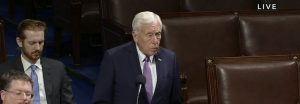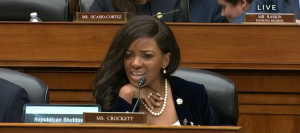Soon after a Delhi court discharged Congress leader Shashi Tharoor in the death case of his wife Sunanda Pushkar, the lawmaker from Kerala said that the ruling brought a ‘significant conclusion to the long nightmare that had enveloped him’. Pushkar was found dead in a luxury hotel in south Delhi on January 17, 2014 and Tharoor had been accused of abetting her suicide.
“This brings a significant conclusion to a long nightmare that had enveloped me after the tragic passing of my late wife Sunanda… Fact that justice has been done will allow all of us in the family to mourn Sunanda in peace,” the Congress leader wrote in a statement.
Pushkar’s death had come amid reports of problems in her marriage and a day after she had had a public spat with Pakistani journalist Mehr Tarar over her alleged affair with Tharoor.
An autopsy on Pushkar’s body concluded that it appeared to be a case of sudden, unnatural death as injury marks were found on her body and traces of anti-anxiety drug Alprazolam were found in her stomach.
Also read: Shashi Tharoor’s ‘Malayali Taliban’ tweet draws flak on social media
The case was then handed to the Delhi Police and following an investigation, he was charged in 2018 with abetting suicide. He has been charged under Sections 498-A (husband or his relative subjecting a woman to cruelty) and 306 (abetment of suicide), but has not been taken into custody in the case.
Ruing that in the Indian justice system the process was often the punishment, the 65-year-old leader wrote in his statement after the court order, “I have weathered dozens of accusations and media vilification patiently.” He also thanked judge Geetanjali Goel and his lawyers.
Special Judge Geetanjli Goel heard arguments from the counsel appearing for Delhi Police as well as Tharoor. While the police sought framing of various charges, including 306 (abetment of suicide), Senior Advocate Vikas Pahwa, appearing for Tharoor, told the court that the investigation conducted by the Special Investigation Team completely exonerated the politician of all the charges levelled against him.
Pahwa sought Tharoor’s discharge in the case, saying there was no evidence against him to prove the offence punishable under either section 498A (husband or relative of husband of a woman subjecting her to cruelty) or 306 (abetment of suicide) of IPC.






